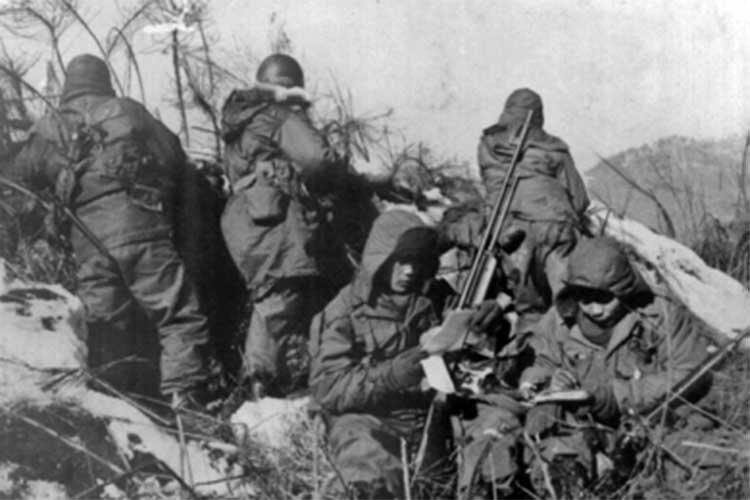The Philippines in the Korean War: The Battle of Yultong
The Korean War, which took place from 1950 to 1953, was a significant global conflict that pitted United Nations forces, primarily led by South Korea and the United States, against a coalition of communist forces backed by North Korea and China. Among the nations that responded to the UN’s call for assistance was the Philippines, a country still recovering from the devastation of World War II.

On June 25, 1950, 75,000 North Korean troops, backed by Soviet and Chinese forces, launched a surprise invasion of South Korea to capture its capital, Seoul. In response, the United Nations passed Resolution 83, urging member states to help restore peace to the Korean Peninsula through military action. Philippine President Elpidio Quirino prompted Congress to approve Republic Act 573, which deployed 7,420 Filipino troops to Korea as an act of solidarity with a struggling ally.
The Philippine Expeditionary Force to Korea (PEFTOK) was the first unit to arrive in Pusan on September 19, 1950, shortly after General Douglas MacArthur’s successful Incheon Landing. The 10th Battalion Combat Team (10th BCT), consisting of 64 officers and 1,303 enlisted men, was under the command of Lt. Col. Dionisio S. Ojeda. Initially intended to be a motorized unit equipped with tanks, they adapted to become a heavy weapons unit due to logistical challenges. Upon their arrival, the Filipino soldiers saw ruined cities, famine, and refugees, a nostalgic reminder of their own country’s suffering. Moved with deep compassion, they shared food and aid with the desperate civilians they met. Assigned to the 3rd Infantry Division alongside the Turkish Brigade and the US/Puerto Rican 65th Infantry Regiment, the Filipino troops fought valiantly in their first battle. The Battle of Miudong marked a victorious debut for the Filipinos on foreign soil. In the spring of 1951, the 3rd Infantry Division was stationed along the Imjin River, unaware of the impending massive Chinese offensive.
At 8:00 PM on April 22, 1951, the Chinese Spring Offensive began with intense artillery barrages, marking the start of a harrowing night for the 10th BCT. Waves of Chinese soldiers attacked their positions, leading to fierce hand-to-hand combat and chaos, worsened by communication breakdowns. While other forces withdrew, the 10th BCT remained steadfast, embodying an indomitable spirit. Non-combatants, including medics, clerks, and cooks, joined the fight to support their comrades, demonstrating teamwork and courage.
The defense of the vital hill of Yultong became a matter of life and death. Under the leadership of Lt. Jose Artiaga Jr., the soldiers fought courageously against overwhelming odds and refused to surrender. When faced with a strategic withdrawal order, the Heavy Weapons Company led by Captain Conrado Yap bravely launched a counterattack, providing cover for their wounded and fallen. Their fierce resistance resulted in significant enemy casualties. Five hundred Chinese soldiers perished, while the 10th BCT suffered only 12 men lost, with 38 wounded and six missing.
In recognition of their gallant actions during the Battle of Yultong, Captain Yap and Lt. Artiaga Jr. were posthumously awarded the Philippine Medal of Valor and the US Distinguished Service Cross, solidifying their legacies as true heroes. The tenacity shown by the Fighting Filipinos not only saved the 3rd Infantry Division from imminent defeat but also shifted the momentum of the war, contributing to the overall success of UN forces.
The bonds forged during this conflict have created enduring ties between the Philippines and South Korea, grounded in mutual respect and cooperation. The Battle of Yultong stands as a powerful testament to the courage and resilience of the Filipino spirit. The legacy of the Fighting Filipinos continues to inspire future generations with its message of solidarity, bravery, and the commitment to defend freedom.